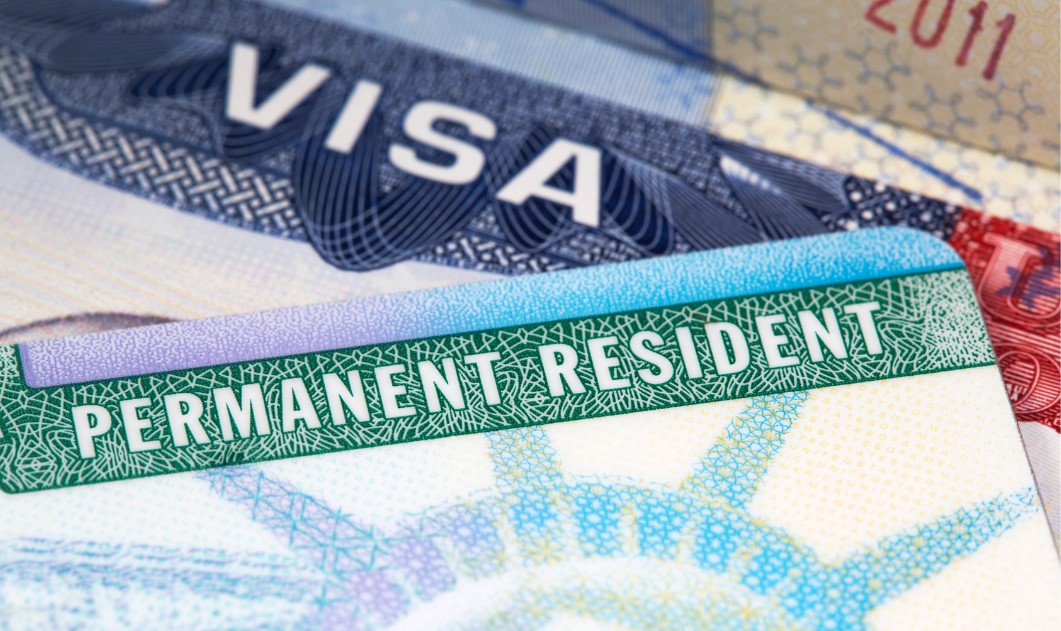
Eligibility
To be considered for a discretionary grant of parole in place under Keeping Families Together, you must meet these eligibility criteria:
If you are the noncitizen spouse of a U.S. citizen, you must:
Be present in the United States without admission or parole;
Have been continuously physically present in the United States since at least June 17, 2014, through the date of filing your request;
Have a legally valid marriage to a U.S. citizen on or before June 17, 2024;
Have no disqualifying criminal history and otherwise not deemed to be a threat to public safety, national security, or border security; and
Submit biometrics and undergo required background checks and national security and public safety vetting.
If you are the noncitizen stepchild of a U.S. citizen, you must:
Have been under the age of 21 and unmarried on June 17, 2024;
Be present in the United States without admission or parole;
Have been continuously physically present in the United States since at least June 17, 2024, through the date of filing your request;
Have a noncitizen parent who entered into a legally valid marriage with a U.S. citizen on or before June 17, 2024, and before your 18th birthday;
Have no disqualifying criminal history and otherwise not deemed to be a threat to public safety, national security, or border security*; and
Submit biometrics and undergo required background checks and national security and public safety vetting.
The burden is on the requestor to demonstrate by a preponderance of the evidence that they meet the eligibility criteria, and that parole is warranted as a matter of discretion for urgent humanitarian reasons or significant public benefit. A grant of parole in place under Keeping Families Together does not establish eligibility for other immigration benefits, including lawful permanent resident status.
Please contact our office if you have any questions.
